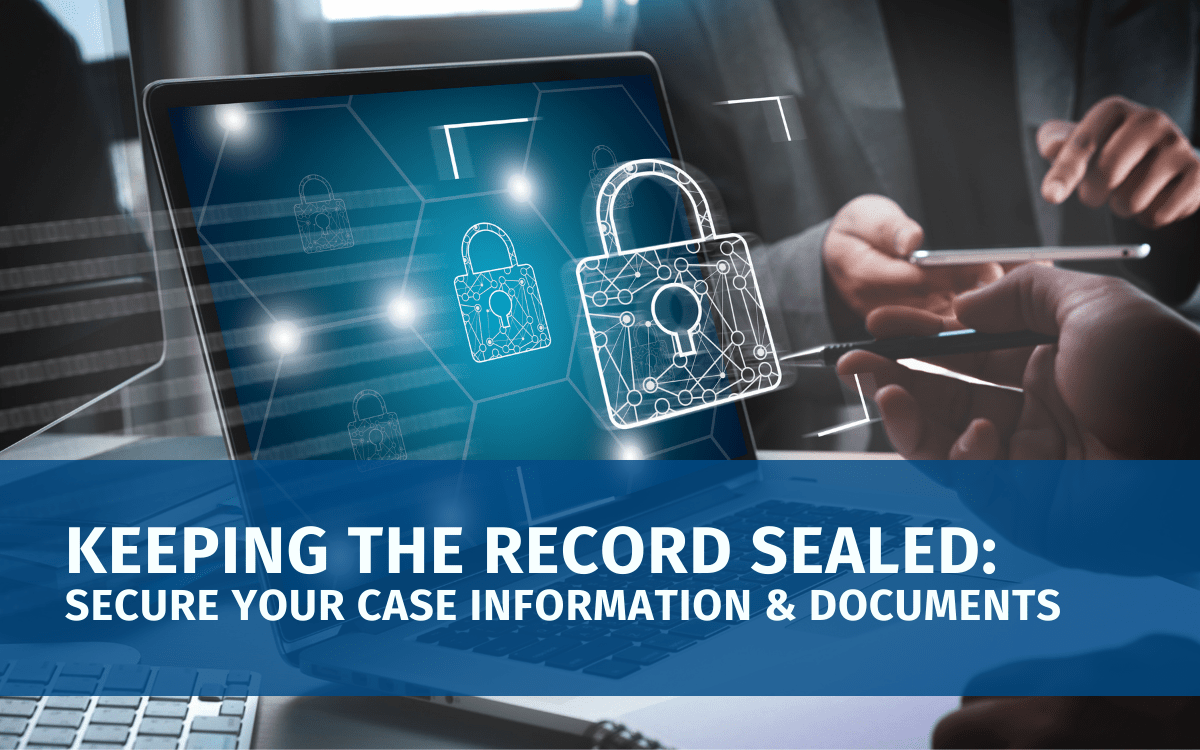Realtime Writers and Closed Captioning
On April 16, 2013, the Department of Education approved $1,068,870 in discretionary grant funding for Institutions of Higher Education (IHEs) to invest in training realtime writers to meet the requirements for closed captioning.
For many deaf and hard-of-hearing students, a court reporter walks with them from class to class providing a live realtime feed of everything said. Court reporters also perform convention, theatre and television captioning. Tammy Jaffe will tell you that providing that service “was the most personally gratifying experience of her career.”
Four court reporting schools or colleges are to be awarded the funding in an effort to attract and train more realtime writers, or captioners. With hearing loss on the rise — 35 million Americans now suffer from some sort of hearing loss — court reporters are becoming increasingly more essential both inside and outside the courtroom.
Court reporting is a fascinating, rewarding career, a field that continues to be considered a “Top Job,” and the only career that opens up the television, video and movie world to the deaf and hard-of-hearing community.
Read More From Planet Depos

Depositions in the United Kingdom Post-Covid
The United Kingdom is open and depositions are scheduling. Get all the details to schedule in-person and remote depositions in the U.K.
Read Now View Full Post
International Travel Alert! In-Person Depositions Can Resume in Korea
Korea has made it possible for U.S. attorneys to take in-person depositions again. Here is what you need to know to travel to Korea.
Read Now View Full Post
Tips to Help You Handle Workplace Stress
Workplace stress is part of the legal world. Here are some tips to help you manage stress and maintain your health!
Read Now View Full Post
Keeping the Record Sealed: Secure your Case Information and Documents
Court reporting agencies should keep your confidential information sealed. Here are key measures they take to do that.
Read Now View Full PostSchedule a Proceeding Today!
Your remote mediation should be simple, and with Planet Depos yours will be. Schedule today and we’ll get you set up with a Zoom room, a PD Technician, and everything you need to get started.
Schedule now